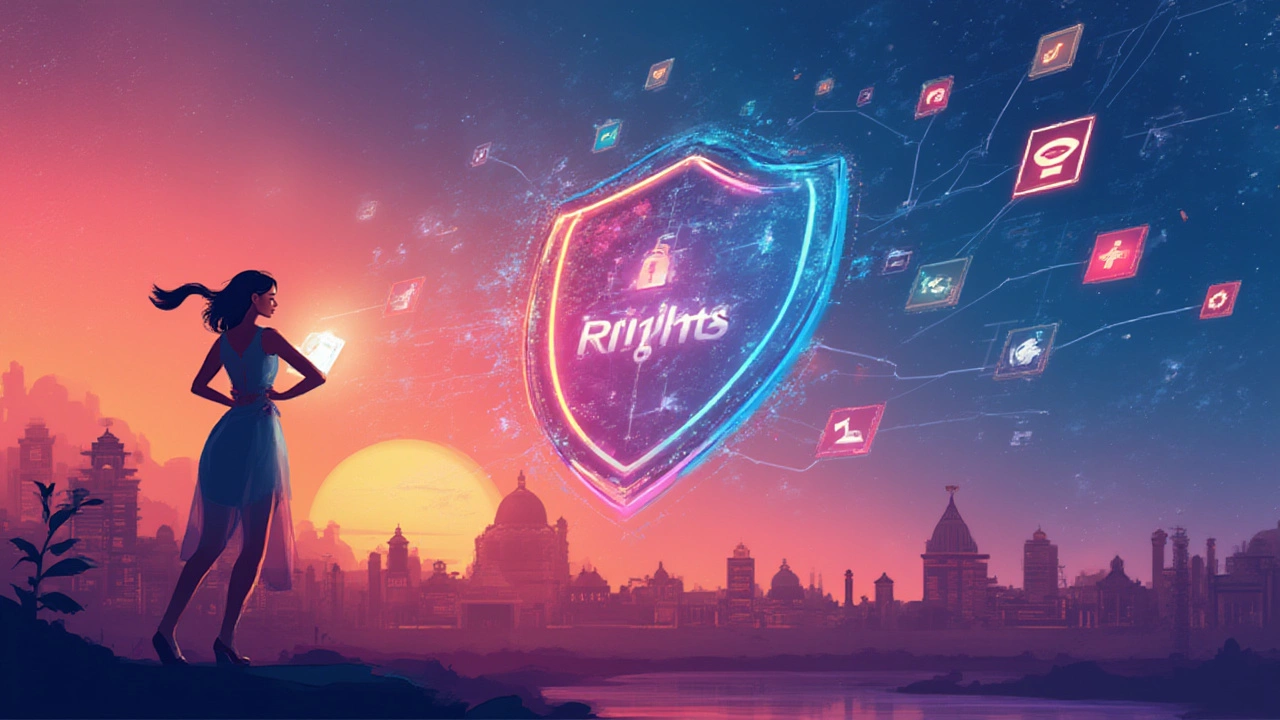Data Protection Basics: What Every Indian Should Know
Ever wonder why your phone feels like a gold mine for companies? Data protection is the set of rules that keep your personal info safe from misuse. In India, these rules are still evolving, but they already affect how businesses collect, store, and share your data.
At its core, data protection means you have the right to know what information is being collected about you, why it’s needed, and who gets to see it. It also gives you tools to correct mistakes or ask for your data to be deleted.
Key Indian Laws Shaping Data Privacy
The biggest legal pillar right now is the Information Technology (IT) Act, 2000. It defines cyber offences and sets basic standards for handling electronic data. While the act covers hacking and unauthorized access, it doesn’t fully address everyday data collection by apps and websites.
That gap is why the Personal Data Protection Bill (PDPB) is such a hot topic. If passed, the bill will require companies to get clear consent before using your data, let you access and correct it, and impose heavy fines for breaches. Think of it as India’s answer to the EU’s GDPR.
Another player is the Consumer Protection (Amendment) Act, 2019. It introduced the concept of “consumer data rights,” meaning you can demand transparency and redress if a service misuses your personal information. This law works hand‑in‑hand with the PDPB to give you more leverage.
Practical Steps to Guard Your Data
Legal frameworks help, but personal habits matter most. Start by reviewing app permissions on your phone—turn off anything that asks for location, contacts, or microphone without a clear reason.
Use strong, unique passwords for each online account, and enable two‑factor authentication wherever possible. If a website offers a “Stay logged in” option on a public computer, say no.
When a service asks for your email or phone number, ask if it’s really needed. If you’re uncomfortable, look for a “guest checkout” or a privacy‑first alternative.
Finally, keep an eye on your credit report and bank statements. Unexpected activity could signal a data breach. If you suspect your data has been compromised, report it to the cyber‑crime cell and request a credit freeze.
Data protection isn’t just a legal buzzword—it’s a daily practice. By understanding the laws that back your rights and taking simple steps online, you can keep your personal information out of the wrong hands.
At Bharat Digital Academy of Law, we break down complex legal topics like data protection into bite‑size lessons. Browse our articles on the Consumer Protection Act, cyber‑crime trends, and the upcoming Personal Data Protection Bill to stay ahead of the curve.

7 Essential Rights for Consumers Under the CCPA: Your Guide in 2025
Learn the seven key rights the California Consumer Privacy Act gives you, how they work, and ways to make sure businesses respect your privacy in 2025.

Understanding the Top 5 Cyber Crimes: What You Need to Know
Cyber crimes have evolved with digital advancement, posing significant challenges for individuals and businesses worldwide. Delving into the most prevalent cyber crimes, we explore their impact, from data breaches to phishing scams. By understanding these threats, you can better protect yourself and seek help from legal experts when needed. Stay informed to navigate the digital realm securely.